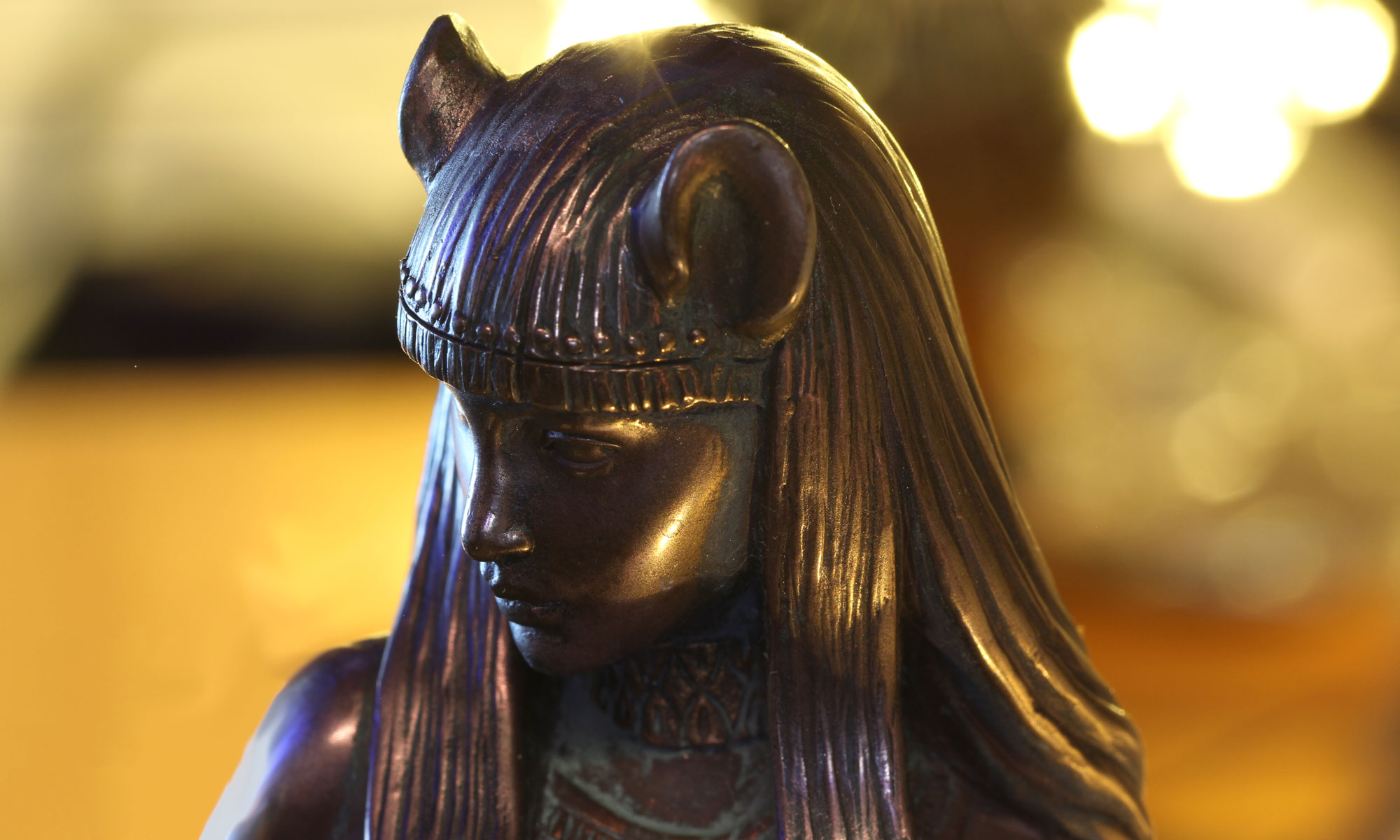The deadline for submissions for 2017 has passed. This call for proposals is for information only.
Mythology, Women and Society: Growing the Groundswell
March 25 2017, Pendle Hill, Philadelphia, PA
In the current era women are stepping into leadership in increasing numbers in social, political and cultural debates around gender, race, ethnicity and other inequalities. Across the globe, women are running for political office with stated interest to advance gender parity in the political area and to better living conditions for all people. In other contexts, feminist leadership with power-sharing and solidarity are changing the political landscape and opening possibilities.
At this time of inclusion of women’s voices in our socio-political arenas, we as scholars of the divine feminine raise the following questions for consideration for the 2017 ASWM Symposium: How can the study of women and mythology contribute to our current conversations about women, justice, and society? How can examination of contemporary and historical mythology of the feminine divine illuminate individual and collective ways of thinking, acting and being, to protect the earth and her inhabitants from war, violence, exploitation, and suffering? Rather than merely reacting to injustice, how may we inspire conversations about solutions? How do matriarchal cultural and spiritual traditions surface unheard voices and enact justice? To such ends, how do cultures around the globe invite, invoke, and listen to the feminine divine?
Globally, Goddess mythologies illustrate definitions and dimensions of societies rooted in balance, gender equity, and reverence for the earth and her creatures, simultaneously providing language to articulate grief and loss, joy and harmony. In the spirit of celebrating women taking leadership we invite papers, panels, and workshops including, but not limited to the following topics:
• The divine feminine and foundational societal myths
• Images of justice and feminine-oriented spiritual practices
• Nationalisms, patriarchy, political violence, and goddess myths
• Mythologies and goddesses of justice, peace, and refuge
• The divine feminine and community solidarity
• Mythologies and goddesses of transitions, liminalities, and migration
• Goddess myths of justice, social order, and national virtues
• Goddesses of death, mourning, and loss
• Divine interventions for out-of-balance human behavior
• Goddess myths and resisting violence
• Feminist spiritual traditions that inspire power-sharing, justice-seeking, and groundswelling movements of liberation
• Priestesses and goddesses of justice, transformation, and liberation
• Herstorical and mythological instances of coalition, justice, and groundswell/uprising
• Cross-cultural, feminist spirituality theories that enable previously suppressed voices and positions
We especially encourage proposals from Native American /indigenous scholars and women of color. Papers should be 20 minutes; panels with up to four papers on a related topic may be proposed together. Workshop proposals should be organized to provide audience interaction and must clearly address the theme. All sessions and workshops are limited to 90 minutes.
Presenters from all disciplines are welcome, as well as creative artists and practitioners whose work engages mythic themes in a scholarly manner. Presenters must become members of ASWM.
Send 250 ¬word abstract (for panels, 200 word abstract plus up to 150 words per paper) in PDF or MSWord to aswmsubmissions@gmail.com by Nobember 1, 2016. Use “2017 proposal” and last name in subject header. Include bio of up to 70 words for each presenter, as well as contact information including surface address and email. See www.womenandmyth.org for program updates and registration.






You must be logged in to post a comment.